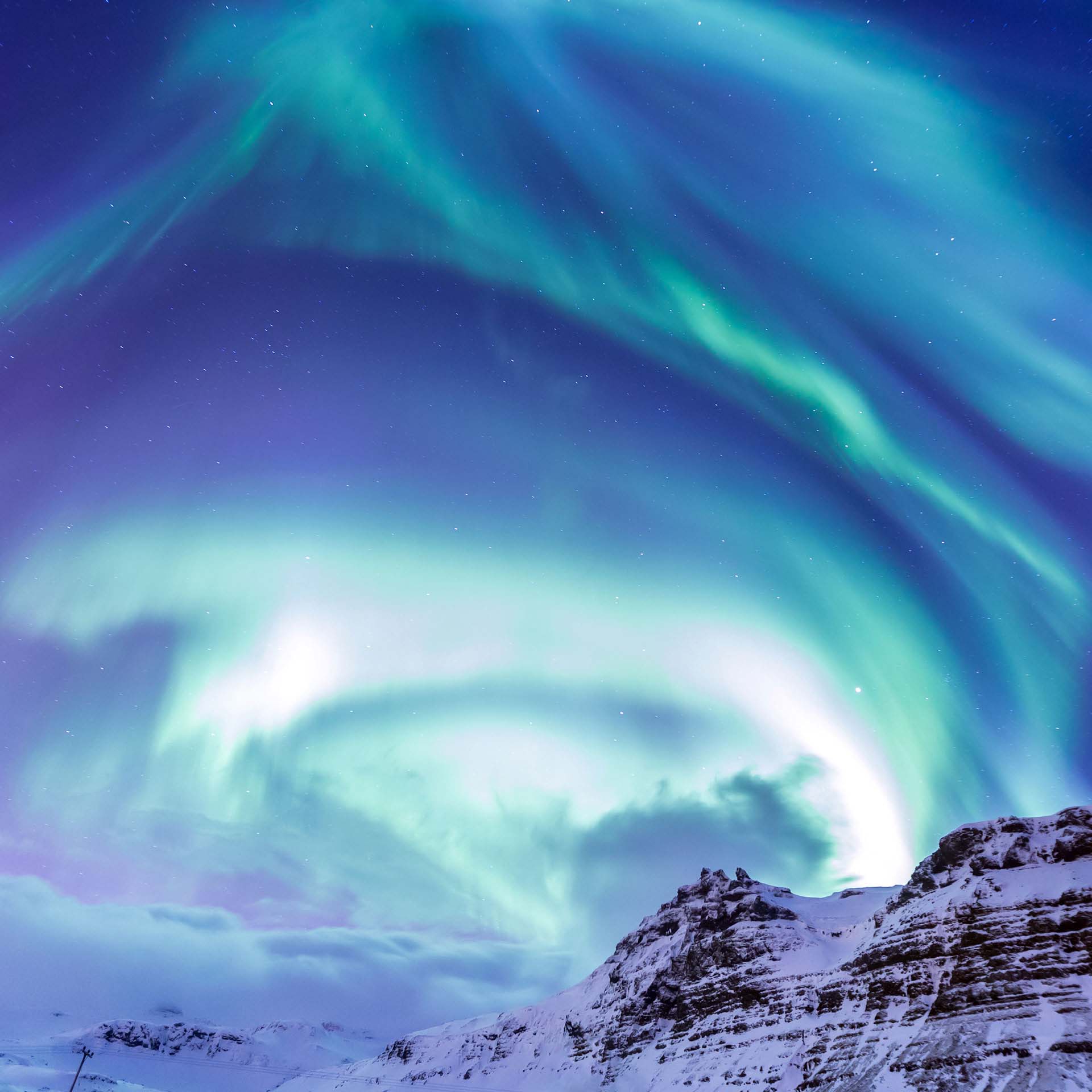Lecturers
LECTURERS TYPICALLY INCLUDE:
Throstur Thorsteinsson, PhD
Throstur is a professor at the University of Iceland’s Department of Environment and Natural Resources and Institute of Earth Sciences. His extensive research has covered a variety of environmental issues, including climate change, glaciology and the anisotropy of ice, and the causes of air pollution in Iceland and its health impacts. Throstur received his PhD from the University of Washington in Seattle.
Catherine Chambers, PhD
Catherine is a senior scientist at the Stefansson Arctic Institute – University of Akureyri and research manager at the University Centre of the Westfjords. Her specialties focus on human dimensions of fisheries, cultural heritage, ocean governance, human relationships with marine resources, changing coastal communities, fishers’ knowledge, ocean literacy, and small-scale fisheries. Catherine is currently the stakeholder engagement coordinator for a large case study on Arctic pelagic fisheries in the Horizon Europe MarineSABRES project and has over 15 years of experience in community engagement, community research, and knowledge co-production with fishers. She was also engaged in contract work for the Icelandic Ministry of Fisheries and Aquaculture policy formation project (2022-2023), which involved extensive stakeholder engagement. Catherine teaches social science methods and research ethics at the University Centre of the Westfjords.
Matthias Kokorsch, PhD
Matthias is the director of the master’s program in Coastal Communities and Regional Development. He holds a PhD in geography from the University of Iceland, and a state examination for teaching in geography, social sciences and pedagogy from the University of Duisburg and Essen. His PhD dissertation was entitled “Mapping Resilience – Coastal Communities in Iceland” (Seigla íslenskra sjávarbyggða). Matthias’ research interests include community resilience, regional development, structural changes of old industrial areas, and resource management in combination with aspects of justice and decision-making processes. Matthias Kokorsch has been involved in several research projects on regional and community development. Currently, he works in the international program, ClicNord, which addresses aspects of place-attachment in small and remote communities in times of climate change related natural hazards. Prior to his job as program director, Matthias Kokorsch worked as scientist for the Thünen-Institute of Rural Studies in Germany and taught at the University of Hanover.
Guðbjörg Ásta Ólafsdóttir, PhD
Guðbjörg Ásta is the director of the Research Centre of the Westfjords and a research scientist with the University of Iceland. Her dynamic and active research lab focuses on marine and freshwater fish, using genetic and environmental monitoring, and Guðbjörg Ásta brings significant expertise on fish habitats, migration, spawning, and the impacts of environmental changes on fisheries and aquatic ecosystems.
Haukur Ingi Einarsson
Haukur is a trained economist and glacier guide with advanced certification. He is the founder of Glacier Adventures and the Glaciers and Climate Center in Hali. He grew up in Höfn, a small fishing village on the southeastern coast of Iceland, and has extensive experience living at the roots of Vatnajökull glacier, leading efforts to educate and connect people and communities about glacier science and the impacts of climate change.
Icelandic Met Office
Researchers from the Icelandic Meteorological Office bring their expertise in avalanche and landslide monitoring and prediction, climate modeling, and more. Each semester, different members of the Met Office meet with the SIT group to share their expertise.


